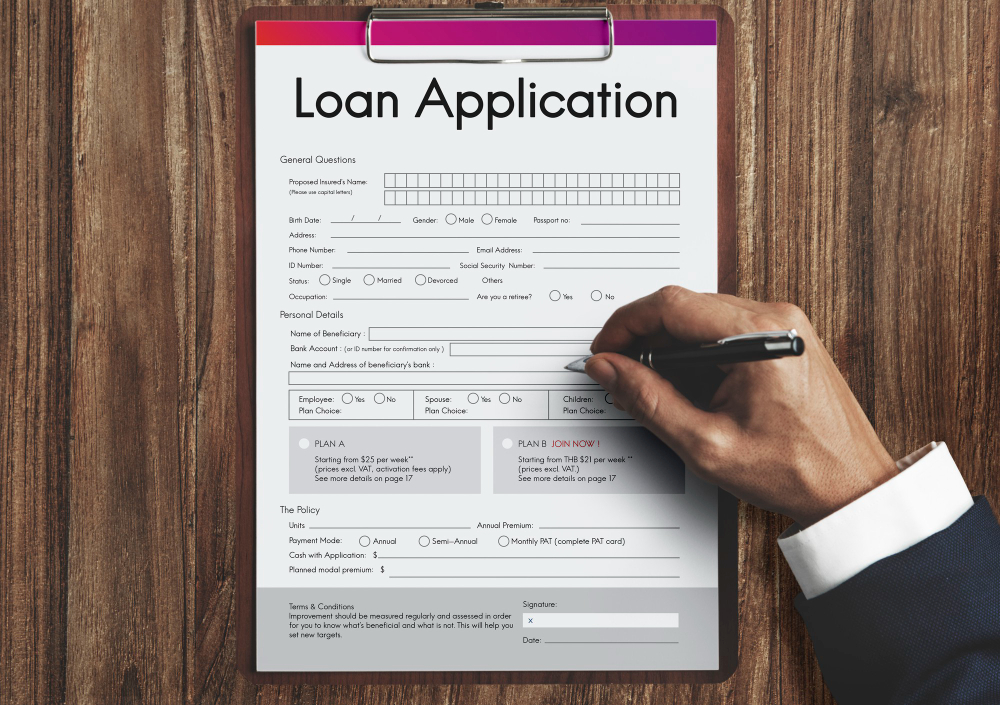In today’s world, loans have become an integral part of financial management, allowing individuals to achieve their dreams and manage unforeseen expenses. With various types of loans available, it’s important to understand the differences between them to make informed decisions about your financial future. In this article, we will delve into the world of loans, specifically comparing three popular types: Personal, Home, and Auto Loans.
Table of Contents
Introduction
Loans play a vital role in achieving various life goals, from buying a home to funding education or purchasing a car. Different types of loans cater to specific needs and financial situations. This article aims to provide a comprehensive comparison of three major loan categories: Personal, Home, and Auto Loans.
Personal Loans
What Are Personal Loans?
Personal loans are unsecured loans that individuals can obtain to cover a range of personal expenses, such as medical bills, vacations, or debt consolidation. Unlike secured loans, personal loans don’t require collateral.
How Do it Work?
Personal loans involve borrowing a fixed amount of money from a lender, which is then repaid in regular installments over a predetermined period. The interest rate and repayment terms vary based on the lender’s policies and the borrower’s creditworthiness.
Pros and Cons
Personal loans offer quick access to funds without the need for collateral, making them ideal for urgent expenses. However, they often come with higher interest rates compared to secured loans, and approval may depend on the borrower’s credit score.

Home Loans (Mortgages)
Understanding Home Loans
Home loans, also known as mortgages, are designed to help individuals purchase homes. They involve borrowing a substantial amount of money to be repaid over many years.
Types of Home Loans
Home loans come in various forms, including fixed-rate mortgages and adjustable-rate mortgages. Fixed-rate mortgages offer predictable monthly payments, while adjustable-rate mortgages may have lower initial rates that can change over time.
Advantages and Drawbacks
Owning a home is a significant achievement, and home loans make it possible. However, the long repayment period and high loan amounts mean that borrowers pay more interest over time. Plus, the real estate market’s fluctuations can impact property values.
Auto Loans

Overview
Auto loans are used to finance the purchase of vehicles. They can be obtained from banks, credit unions, or dealerships. The vehicle itself serves as collateral for the loan.
Different Types of Auto Loans
Auto loans can be new car loans or used car loans. New car loans often come with lower interest rates and extended warranties, while used car loans may have higher rates but lower initial costs.
Benefits and Considerations
Auto loans provide a way to own a vehicle without paying the full amount upfront. However, borrowers should consider interest rates, loan terms, and the total cost of the loan, including insurance and maintenance.
A Detailed Comparison
Interest Rates and Terms
Personal loans usually have higher interest rates due to their unsecured nature. Home loans often offer lower rates, especially for those with good credit. Auto loan rates vary based on factors like credit score and the vehicle’s value.
Loan Amounts
Home loans and auto loans generally involve larger loan amounts compared to personal loans, which are often smaller and more manageable.
Collateral Requirements
Personal loans don’t require collateral, while home loans and auto loans use the purchased property or vehicle as collateral.
Application Process and Documentation
The application process for all three loans involves submitting personal and financial information. Home loans and auto loans may have stricter documentation requirements due to the larger sums involved.
Factors to Consider When Choosing a Loan
Purpose of the Loan
Consider why you need the loan. Personal loans are versatile, while home loans and auto loans serve specific purposes.
Credit Score and Eligibility
Your credit score affects loan eligibility and interest rates. Higher scores often lead to better terms.
Repayment Flexibility
Personal loans may have shorter repayment periods, while home loans and auto loans offer longer terms.
Long-Term Financial Implications
Home loans and auto loans are long-term commitments with significant financial implications. Ensure they fit into your long-term financial plan.
Conclusion
Choosing the right loan requires careful consideration of your financial needs and circumstances. Personal loans offer flexibility, while home loans and auto loans cater to specific goals. By understanding the differences and evaluating your situation, you can make an informed decision that aligns with your financial aspirations.
FAQs (Frequently Asked Questions)
Can I get a personal loan with bad credit?
While it might be more challenging, some lenders offer personal loans for individuals with less-than-perfect credit. However, the terms may not be as favorable.
What’s the benefit of making a larger down payment on an auto loan?
A larger down payment reduces the loan amount, potentially leading to lower monthly payments and less interest paid over the life of the loan.
How does a fixed-rate mortgage differ from an adjustable-rate mortgage?
A fixed-rate mortgage has a consistent interest rate and monthly payment throughout the loan term. An adjustable-rate mortgage’s interest rate can change periodically, affecting monthly payments.
What happens if I can’t make my home loan payments?
Missing home loan payments can lead to foreclosure, where the lender takes possession of the property. It’s essential to communicate with the lender if you’re facing financial difficulties.
Is it better to pay off a personal loan early?
Paying off a personal loan early can save you money on interest. However, some loans may have prepayment penalties, so check the terms before making extra payments.
Discover more in our ‘Article‘ section. Uncover valuable insights to enhance your financial know-how. Happy reading!

Mariat